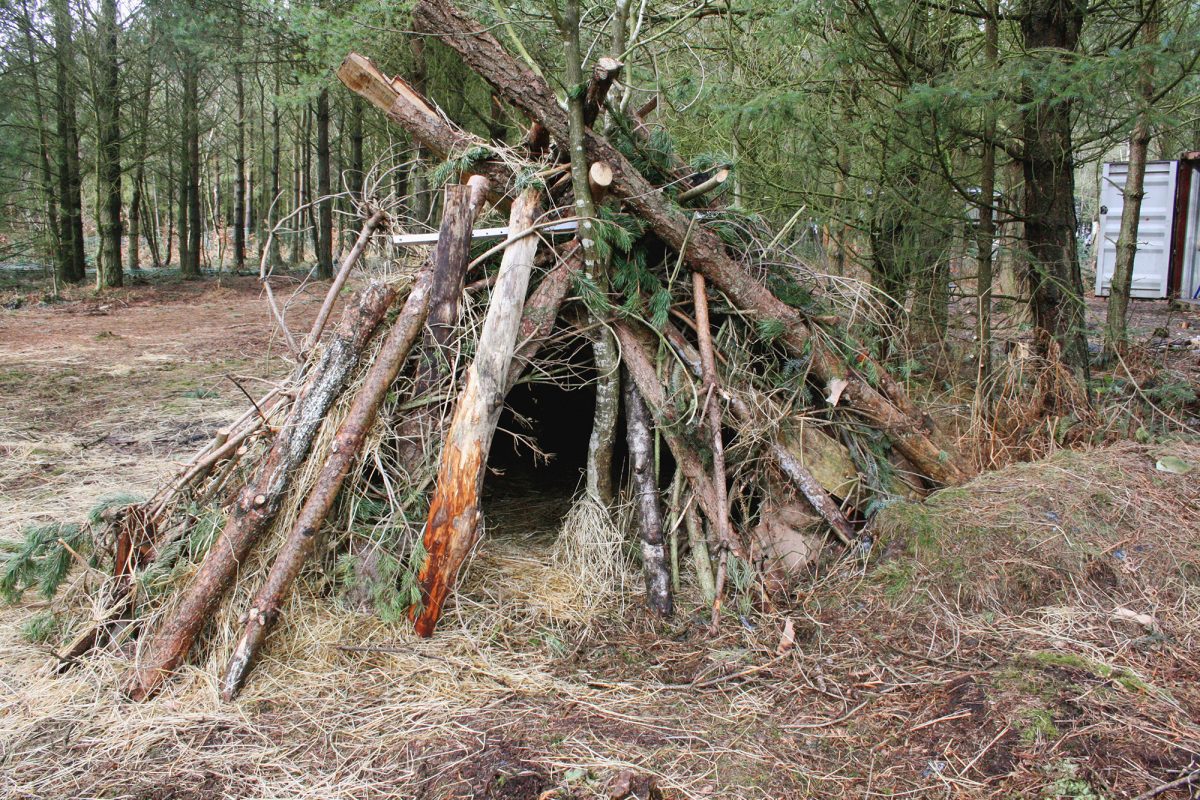Camping and Bushcraft
Setting up camp
If you own a woodland you don't need anyone's permission to camp there. Whilst you can't set up a commercial campsite or stay permanently there's no problem with staying over for 28 nights in the year. Wild camping like this means you need to bring your own water supply and cook over a campfire. Camping trips often work best with a group of friends or with your family - on a camping expedition to "their" wood children and teenagers learn about nature, being prepared and about, well, life.
Surviving outdoors
Survival skills can be useful: news organisations send their foreign correspondents on wilderness training courses before overseas postings. There is no better place to learn some of these skills than your own woodland - you can learn how to light a fire, how to collect drinkable water and how to build a shelter. Some woodland owners lend out their woods to friends or local scout groups for survival skills events.
Endless possibilities with bushcraft
Your woodland will have plenty of material for whittling and for practising your knife skills. You will discover which types of wood are most easily worked and which ones split easily. Maybe your bushcrafting will include tracking animals, making cordage, and navigating without a map. You could also learn to identify trees in winter without the leaves to help. Many of these skills are also useful for social activities such as collecting foliage for Christmas decorations, setting up treasure hunts, or just preparing for festive events in your wood. Woods can be great places for birthday parties and other anniversaries.

Rediscovering our roots and tranquility
Some of our ancestors would have lived in woodlands and it's worth thinking about who might have worked in your woodland over the 12,000 years since the last ice age. You could experiment by doing what they would have done - such as flint knapping, digging up clay, making implements from bone, and crafting wooden handles for tools. In a world which moves too fast and is too stressful woodlands help us to slow down and get close to nature. They are good for our wellbeing.
